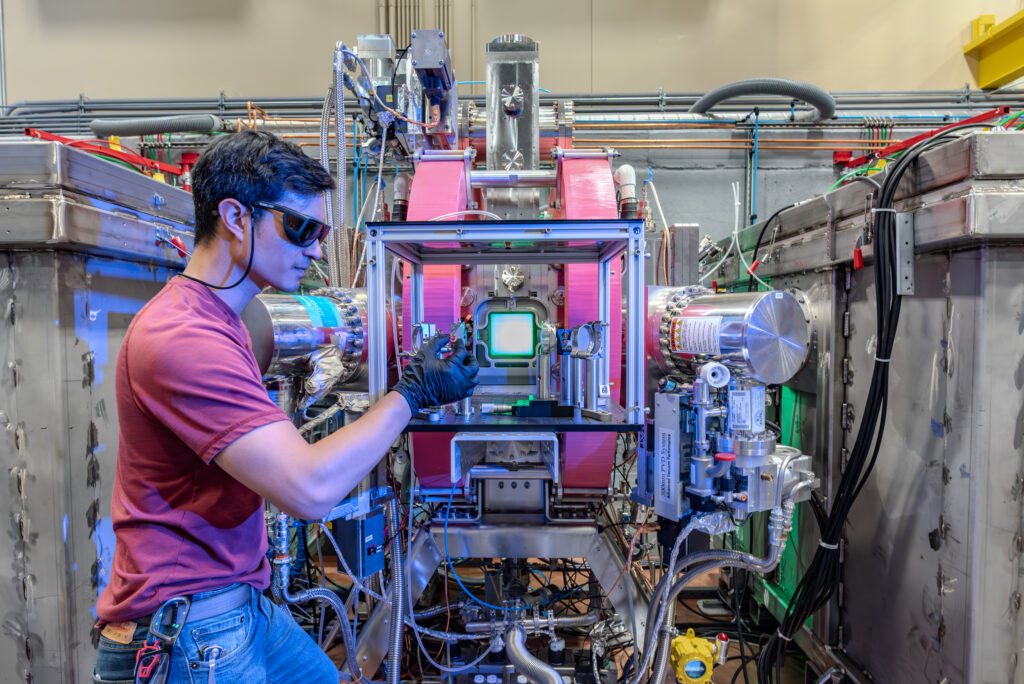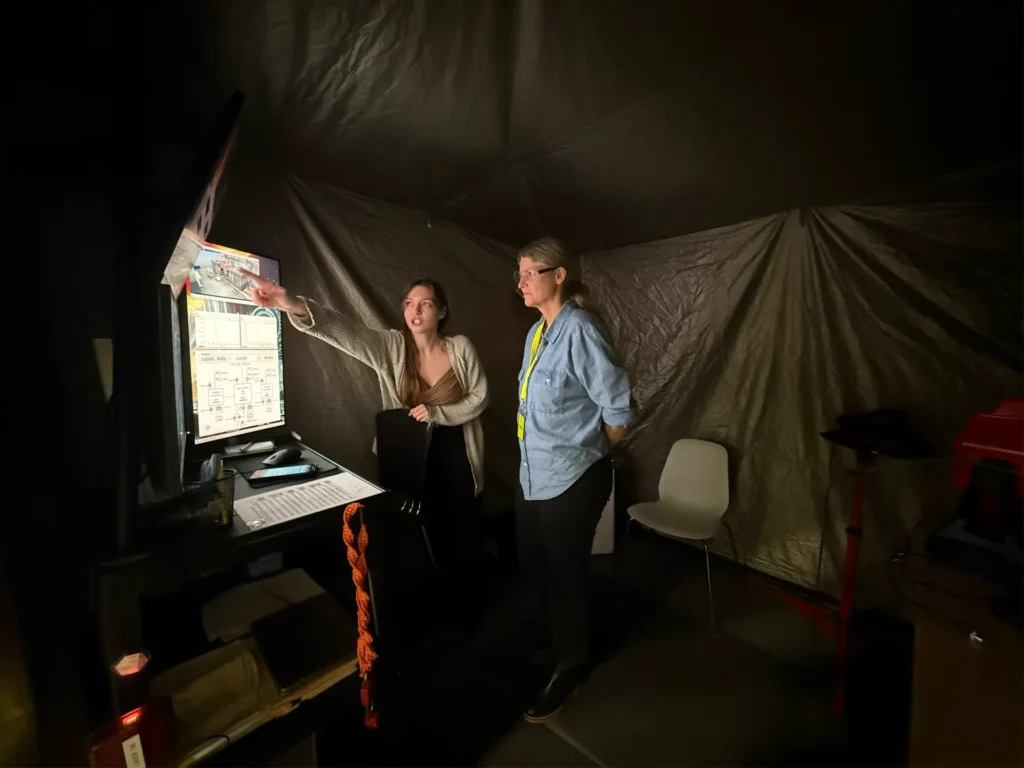
Our first laser system is operating and already achieving records
We brought a record-setting laser online – the first step in turning decades of fusion science into commercial hardware. By Alex Valys In December 2022, the National Ignition Facility (NIF) at Lawrence Livermore National Laboratory achieved scientific breakeven from fusion for the first time, using laser-driven inertial confinement. In other words, NIF produced more energy from fusion than the laser energy which was used to compress, heat and ignite a small capsule of fusion fuel – a major milestone that marked NIF and laser inertial fusion as the best-performing fusion system of any kind, and the only one experimentally demonstrated to exceed scientific breakeven. This was a groundbreaking moment for fusion. But NIF was never meant to scale to commercial power generation, and the laser technology used on NIF would be incredibly costly to use for a power plant. Our goal at Xcimer is to take the plasma physics and fusion confinement concept successfully demonstrated on NIF, and couple it with a lower-cost, higher-energy laser system that can scale to commercial application. And because NIF has already derisked the science, we’ve been able to move quickly into the execution of our commercial plan and the engineering of this laser architecture, as opposed to proving the basic viability of the confinement approach like many other concepts still must do. Today, we’re sharing a major milestone in our execution and progress along this path – the completion of our Long Pulse Kinetics Platform (LPK), the world’s first electron-beam-pumped excimer laser built in the private sector, and the first such KrF laser built anywhere in the world in the past 20 years. These kinds of lasers were invented in the United States in the 1970s, originally for defense applications, and have long been studied for inertial fusion. But this prior work happened in

